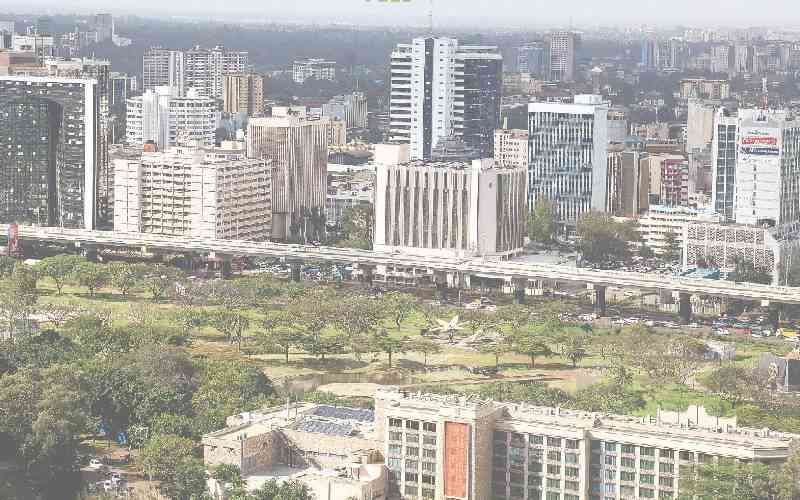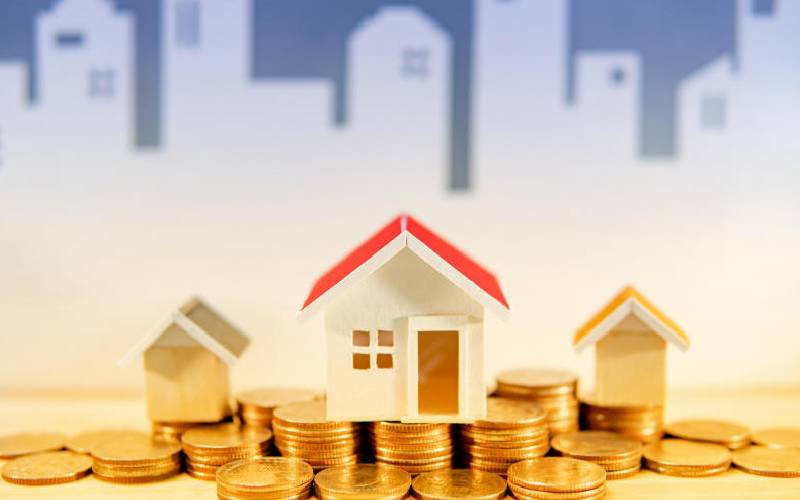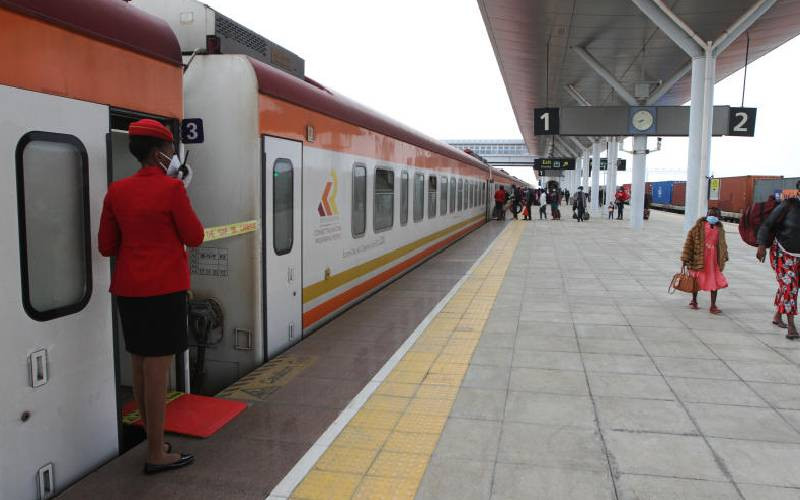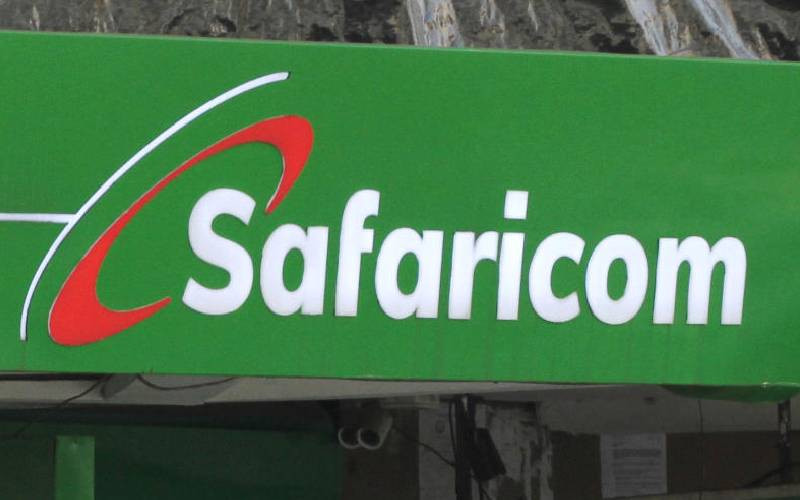×
The Standard e-Paper
Join Thousands Daily
As school reopen the safety of nearly 16 million students requires complicated protocols ranging from symptom monitoring to physical social distancing, as well as containment of coronavirus transmission in the community.
Widespread screening for asymptomatic carriers of the virus is not currently part of strategy although children and adults without symptoms may play a role in viral transmission.







